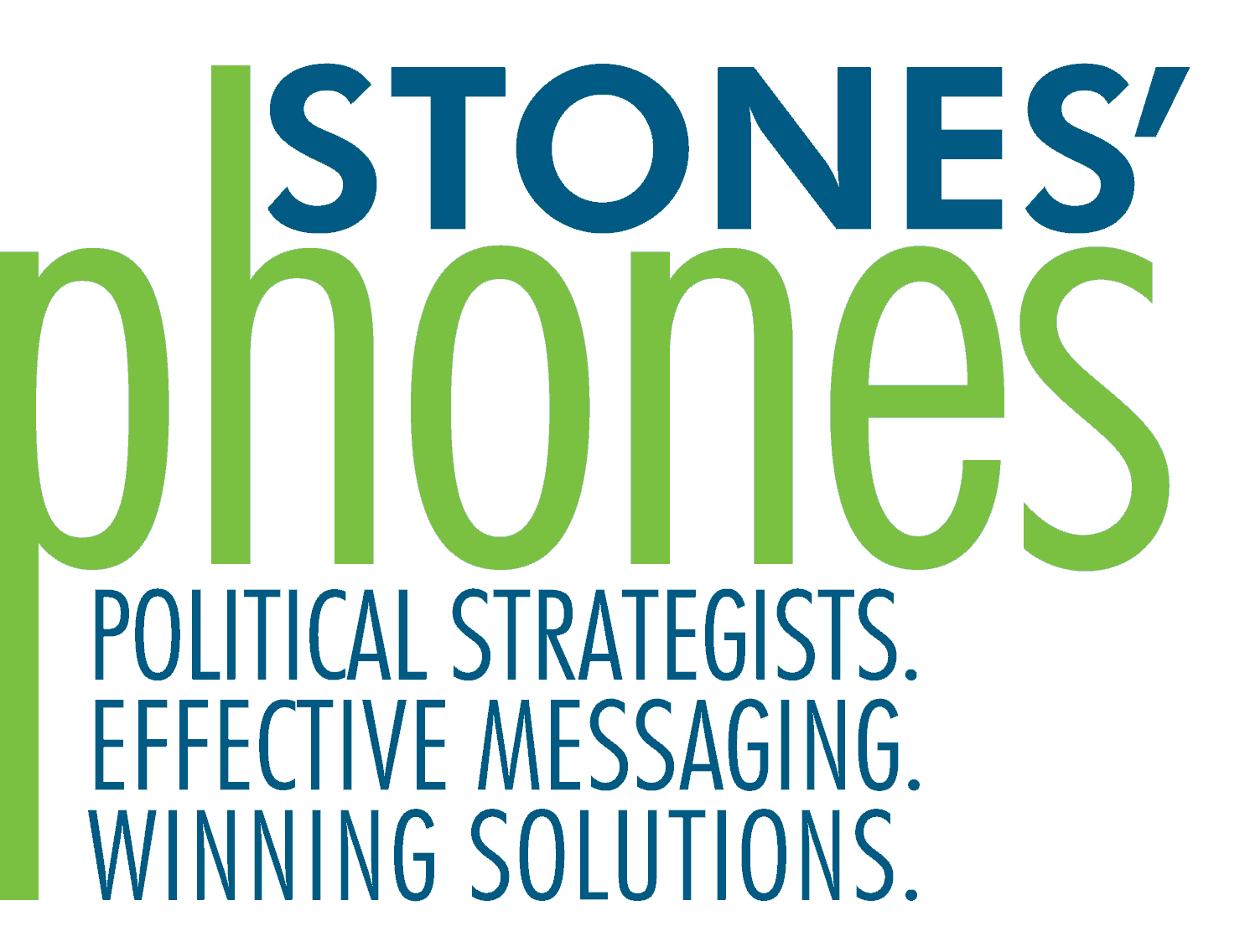The Importance Of Scripting For Mail-In-Ballots
- willw95
- Aug 17, 2023
- 3 min read
Updated: Mar 25, 2024
Voting by mail has increased dramatically in recent years. Mail-in voting opens up access to voters who may not be able to secure transit or take off work to cast their ballot in person or most importantly, miss an election because of apathy. It is both more cost-efficient and time-efficient since ballots can be sent and process to be counted well ahead of the election.
Recognizing the importance of mail-in ballots, we have analyzed some of the key issues that voters face when voting by mail and scripted effective messages to mitigate the most common pitfalls Vote by mail voters face.

These avoidable risks fall under three categories:
1. Voter Distrust of Mail
2. Late Mail-In-Ballots
3. Issues with Voter Signatures
Many voters generally do not trust that their mail-in ballot will be counted. In 2020, a Pew Research Center poll found that changes to the US postal system had further eroded trust that their votes would be counted. However, a new report from the Center for Election Innovation & Research found that nearly 97% of voting-age American citizens now live in states that offer the option to vote before Election Day. Research has shown voting has gotten easier in the past two decades due to the increase of mail-in and early voting.
Of course, the perception that mail-in voting will be unreliable remains, and that is why we emphasize how a voter can drop a ballot off safely at early vote locations or at the polls on election day.
Because it is required by law that states have tracking for ballots coming from overseas, Stones’ Phones uses scripting that encourages voters to track their ballot in states where the registrars have expanded the tracking to all ballots and where it is easy to find on their websites. The best example of this is California, where the Secretary of State’s website makes it really easy for voters to track their ballots. It is an excellent model that other states could replicate for this type of crucial voter service.
Another common mistake many absentee voters make is returning their ballot too late. In the 2020 primary season alone, more than 65,000 voters had their mail-in-ballot rejected due to missed voting deadlines. Using dynamic language Stones’ Phones ensures that voters getting our calls and texts receive ample reminders of key deadlines to avoid disqualifications. We also remind voters to submit their ballots as early as possible to account for any postal delays.
These tactics proved successful, as the rate of mail-in ballot rejections dropped drastically from the primaries to the general election. NPR agrees that ‘by keeping the issue front and center. Voters heard over and over again how important it was to follow the rules.’
To counter the biggest mistake Millennials and Gen Z voters are making, we inform voters that the signature they sign on their ballot envelope must be the same as when they registered to vote. A person’s signature often changes over time, but to have their ballot counted, they must use the same signature they used when they originally registered to vote.
Finally, we emphasize that voting by mail is safe, secure, and easy, so voters feel encouraged to trust the postal service and have confidence that they will be able to meet the requirements to get their ballot counted.
By addressing these key common mistakes, our scripts can ensure that no vote goes to waste. Contact Stones’ Phones, and we can help you start scripting today!



